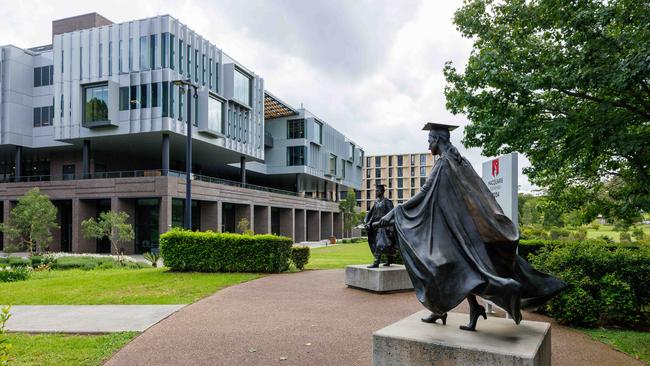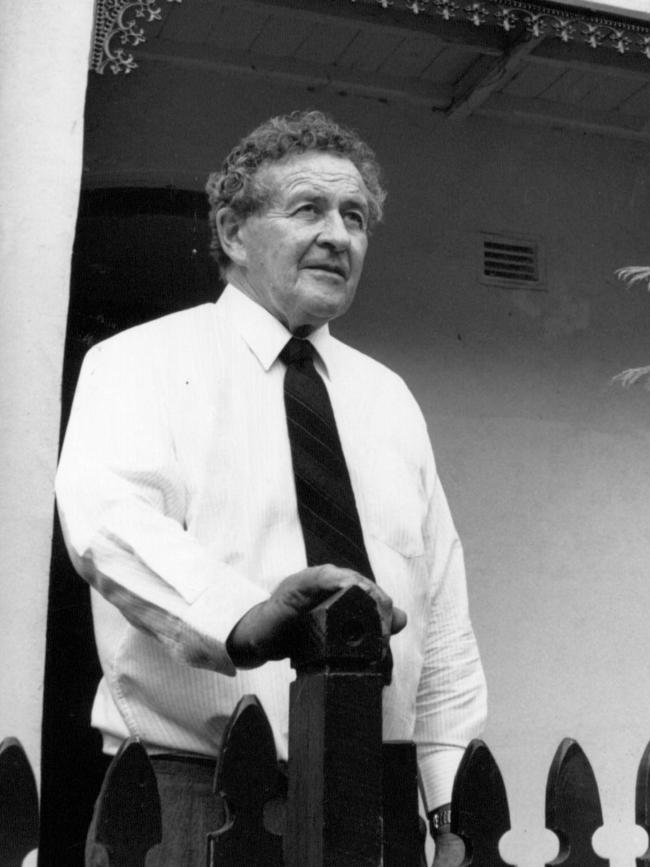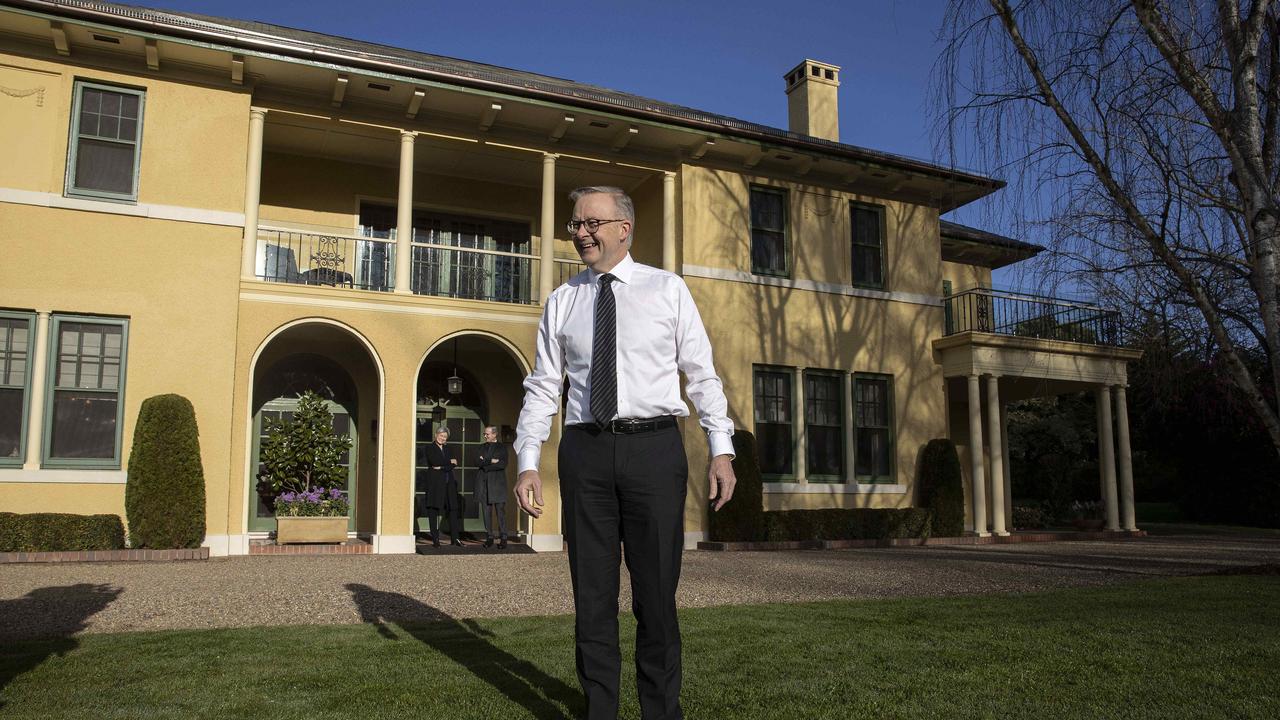
Is there a crisis of “woke ideology” rampant in university law schools? Is the Australian legal system at risk of a generation of “comprehensively indoctrinated” law graduates?
Recent reports of a legal academic assessing students’ acknowledgment of country in an elective course at Macquarie University law school and anonymous accounts of lecturers effectively imposing their views on students have sparked an internal review of the degree. On Monday Patrick Parkinson went further, calling for a formal external inquiry into Macquarie and suggesting these issues were likely more widespread.
Relatedly, the consideration of critical theoretical perspectives in the Monash University law school’s research methods course for doctoral students also attracted criticism.
Without reviewing all relevant course materials, it is not for me to address the specific practices in these different subjects at the two law schools.
But, like Parkinson, I affirm that students should be free to give as good as they get – defending their own opinions with reasoned argument, supported by authoritative sources.
However, in reacting to these reports, some commentators have gone beyond this, arguing that law schools appear insufficiently focused on preparing students for legal practice, having instead become hothouses of political dogma.

Yet reassurance is provided by the accreditation of law schools. Parkinson has described the role of the Australian Law Schools Standards adopted by the Council of Australian Law Deans more than five years ago.
However, these standards were only additional to the mandatory requirements of the profession and in 2024 the council resolved to cease its certification process, leaving the standards without any role.
The 36 university law schools in Australia are each accredited by their state’s legal professional admissions body, comprising senior judges and practitioners.
Re-accreditation depends on regular review of a law school’s curriculum, assessment and mode of delivery under the standards of the national Law Admissions Consultative Committee, also with a strong judicial membership.
Most subjects in Australian law degrees are mandated to a granular level by LACC’s “prescribed academic areas of knowledge” – consistently applied since 1992 and contained in the Uniform Admission Rules.
A fear that graduates without requisite legal knowledge and skills are being let loose on the community cannot withstand even cursory familiarity with the accreditation landscape. Further assurance of the quality of law graduates is offered by the strong performance of the nation’s law schools in international rankings that measure the satisfaction of employers, such as the QS World University Rankings.
Sweeping assessments as to a decline in the quality of Australian legal education that rely on very limited and selective samples are overegged. They do a disservice to accomplished law graduates forging significant careers at home and globally.
To be clear, an insistence that law schools ensure their graduates possess knowledge of “black-letter law” is uncontroversial – of course we must.

But to suggest this is where legal education ends, that law schools teach just a bunch of “black letters” on a page, is ultimately to promote an impoverished conception of law and produce a profession ill-equipped to serve its society.
Renowned US judge Oliver Wendell Holmes wrote as far back as 1881 that “the life of the law has not been logic; it has been experience”.
Holmes explained: “The felt necessities of the time, the prevalent moral and political theories, intuitions of public policy, avowed or unconscious, even the prejudices which judges share with their fellow men, have had a good deal more to do than the syllogism in determining the rules by which men should be governed. The law … cannot be dealt with as if it contained only the axioms and corollaries of a book of mathematics.”
The web of rules, standards and principles that we collectively call law have been arrived at, sometimes across centuries, through a complex process of political, economic and social development. A student who has no awareness of the context in which law is constructed does not understand law – and will be inept at its practice.
The obvious way to unlock Holmes’s emphasis on the experience of the law is to examine its operation throughout society. And a study of law that does not interrogate its effect on those at the edges of the community is obviously lacking.

The founding dean of law at the University of NSW, Hal Wootten, later a justice of the Supreme Court of NSW, reached for this idea when he told commencing students in 1971 that “a law school should have and communicate to its students a keen concern for those on whom the law bears harshly”.
The absolute need for this is underscored, not rebutted, when Parkinson asks blithely of the injustices experienced by Indigenous people: “Is there, however, a systemic problem with which the legal profession should be concerned?”
Law is not abstract and divorced from human lives – and through it may be found greater justice for those too long denied it.
It is very far from being a recent change in legal education that students are put to the task of not just learning the “black letter” of the law but also viewing it through different theoretical lenses and against the light of historical and contemporary experience. Doing this well should be the aim of all law schools – and is vital to fostering the critical analysis that fuels, not smothers, meaningful debate.
Andrew Lynch is dean of law and justice at UNSW Sydney.





